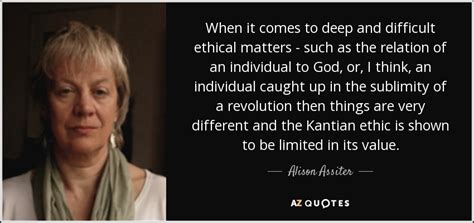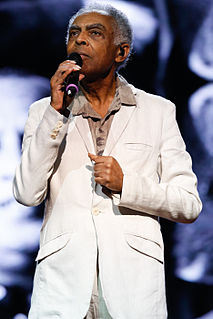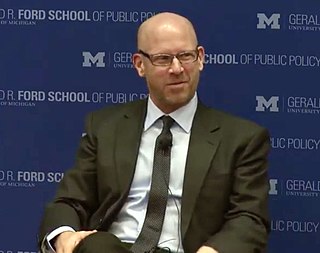A Quote by Alison Assiter
If someone says that they have to 'tolerate' cultural differences and cultural groupings different from themselves then that may make it difficult, at the same time, to condemn unjust practices within those cultures.
Related Quotes
The beauty of when you watch good television or films is that, yes, you may have a multi-cultural cast but those roles could be anybody - they could be white, they could be black. To show the world that we have more in common than we have different with each other is to me the ultimate goal of all of that. It does help unite in people's mind the thought that people are the same. Yes, there's going to be cultural differences, but for the most part, we are all in the same gang as human beings.
Cultural diversity and cultural change are desirable and inevitable. We are cultural animals, someone without a culture is not human. But the cultures we possess vary enormously. Indeed, the variability, over time and space is the great evolutionary advantage of humanity. Instead of changing biologically over millennia, human beings can change culturally over decades
I think that the scienti?c way of looking at the world, and the humanistic way of looking at the world are complementary. There are important differences which should be preserved, and in trying to do away with those differences we would lose something the same way as if we tried to make all religions one religion or all races one race. There is a cultural diversity that's very valuable, and it's valuable to have different ways of looking at the world.
Sponsors, corporate endowments, and the heritage of the big fortunes would take care of financing cultural projects when American society was homogeneous. Now it's too complex, it's a mix. Different cultures in collision. I think it starts to be necessary to have a government institution to deal with cultural affairs.
I think that we're making a mistake if we don't see that there is a cultural basis to many illnesses, not just psychiatric ones. Breast cancer would be one prevalent example right now, different kind of cultures surrounding it. If you don't understand the cultural meaning of an illness like that you're going to miss the boat even if you're a great scientist.
































